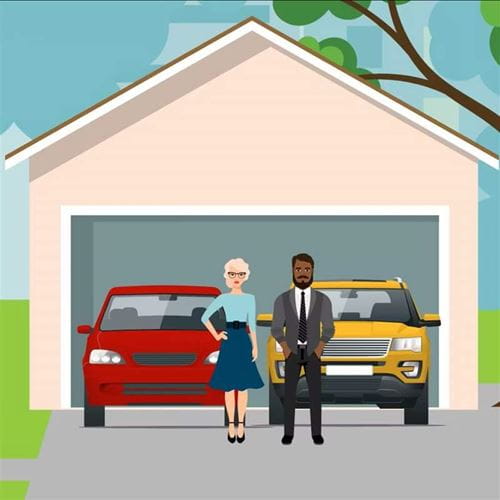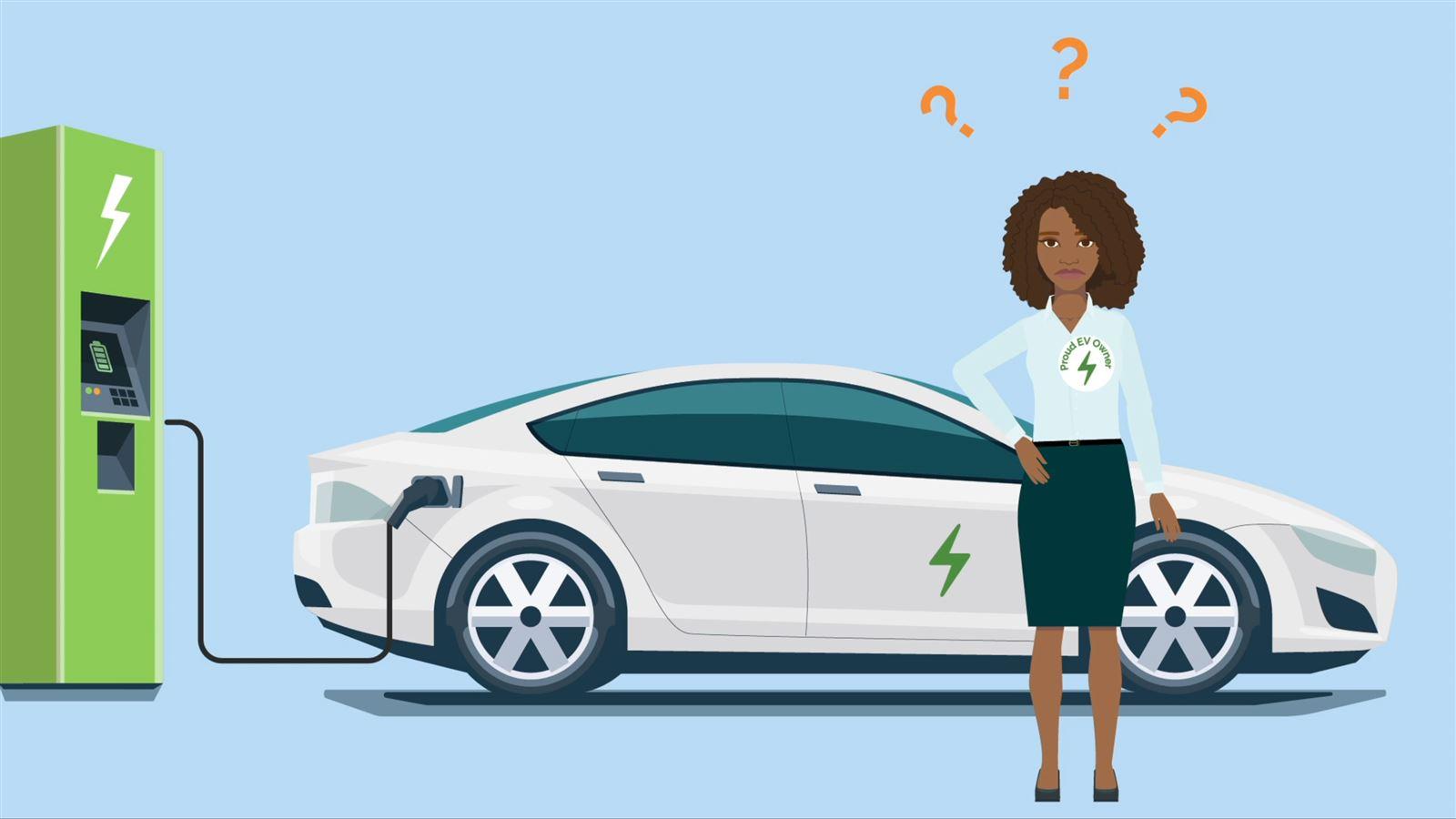How Should Electric Vehicles Pay for Road Usage Charging (RUC)?
In the infancy of electric vehicles, drivers who made the switch to EVs from gasoline-powered ones stood to save big on fuel spending. Adoption of low- or zero-emission cars skyrocketed, birthing billionaires like Tesla’s Elon Musk and making plug-in charging stations commonplace. Roads, meanwhile, lost out on a major revenue-generator in the gas tax. States and agencies were left to pay for the same amount of roadway upkeep—now with a fraction of the funds—and some had to raise gas tax rates on older vehicles to recover their losses.
Road usage charging (RUC) offers a solution, but the issue naturally brings up the topic of fairness. So we asked the experts to weigh in and answer this question: How should EVs pay for road usage?
Less Wear, Less Fare
Skeptics Say: Electric and hybrid vehicles cause less wear and tear on the roads than heavier or gas-powered vehicles, so they shouldn’t be forced to contribute to their state’s transportation funding.
Experts Say: Electric and hybrid vehicles typically weigh more than their gasoline-powered counterparts, due to the extra weight of batteries. However, because road surfaces are designed for the heaviest of vehicles–big trucks and buses–all passenger cars, from sub-compact sedans to full-size pickups, have equivalent impacts on the road network. At the same time, rough roads decrease fuel efficiency, wear out tires more quickly and require more automotive-related repairs. All vehicles—regardless of their fuel source, can damage our roads and contribute to roadway congestion. And bad roads are bad for everyone, including EV drivers.
Because a RUC system would place a fee on the number of vehicle miles traveled rather than the amount of fuel consumed, it allows electric, hybrids, and other fuel-efficient vehicles to contribute for what they use so our states can maintain our roads.
A Question of Incentives
Skeptics Say: Since EV drivers would end up paying more in RUC than they ever would under the gas tax, the incentive to “go electric” is reduced.
Experts Say: While it’s true that EV drivers would pay more per month under a RUC system since they don’t currently pay any gas taxes, the increased cost is nowhere near the amount they would pay for driving a fully gas-powered vehicle. The additional cost will be manageable for most EV drivers—up to a few hundred dollars per year for driving 12,000 miles–compared to savings of many hundreds more or even thousands of dollars in avoided fuel costs.
While adequate road funding depends on everyone contributing for their usage, even EVs, some states provide incentives to encourage and reward EV purchases. Tax credit, rebates, registration fee reductions, free charging and other benefits are now commonplace. Some states even require manufacturers to sell a certain number of zero-emission vehicles per year in order to meet long-term emission reduction goals. These measures will likely increase EV sales overall, especially as more states move toward phasing out gasoline engines entirely.
What's more, recent data from the state of Utah shows that despite imposing an additional fee on EV owners, the EV market is on fire with a 52% increase in adoptions in one year (February 15, 2021 to February 15, 2022). About 21% of all new vehicles registered in Utah over the past year are alternative fuel vehicles. The market is changing right before our eyes. Modest fees or RUC designed to recover costs of road usage are not enough to hamper it and are far outweighed by other incentives better targeted directly at encouraging EV adoption.
Thinking about RUC?
Reducing carbon emissions remains a key priority for the U.S. government, and the transportation industry has a critical role to play in the transition to a net-zero economy. It’s important to manage the expectations and concerns of EV drivers as your state or organization begins its transition to a RUC system. Our experts have provided support for dozens of states and are here to help you throughout all stages of the process. Talk to an expert today.









